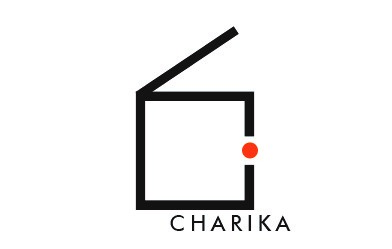My Experience on PhD Accounting
I have a PhD Accounting, but I am not an accountant!
When I mentioned to many people that I am doing PhD Accounting, I got various interesting responses from them. Those include, (but there are many more!!) …

– “Wow! You might be very good at numbers.”
– “Do you like numbers and calculation that much?”
– “I don’t know you can do (or there is) PhD Accounting?”
– “Why you need to do PhD Accounting? It’s just debits and credits stuff. I don’t think you need PhD on that. I understand accounting since I was in high school.”
So what I really did when I was doing my PhD? My PhD Accounting lies in the area of auditing accountability. My project involved qualitative approach (i.e. interviews and textual sources as main data). Unlike quantitative approach, which is widely understood and associated with accounting, qualitative approach address different questions beyond numbers, methods/models to produce numbers, and relations between different variables. Qualitative approach facilitates, for example, the understandings of how related practices and rationales are developed in its contextual setting. [Read my thesis about sustainability assurance practice]
It cannot be said that which approach is superior to the other because they aim to address different questions, and sometimes they can complement each other in knowledge construction. Personally, I am more interested in qualitative approach because, for me, it provides flexibility to ask questions and to expand the generally-understood boundary of accounting.
A typical day in my life as PhD Accounting (without any calculator/calculation!) …
First year: classes about researching and epistemology; read journal articles; refining my research topic; think; ask questions (mostly to myself)
Second year: data collection (contacting potential interviewees and pray for responses! + collecting relevant textual data); analyse data; read journal articles; think; ask questions (mostly to myself)
Third year (and after): accounting seminars; read journal articles; analyse data; writing up the thesis; think; ask questions (mostly to myself)
My PhD Accounting involved a lot of reading, asking/being asked questions; thinking; stress BUT NO calculator/calculation. Accounting here refers to accountability, rather than merely bookkeeping.

When I was doing my Bachelor’s degree, my perception of accounting was limited to debits, credits and numbers. I was not aware that accounting has been embedded in social and political discourses, in addition to organizational ones. Doing my Master’s degree in the UK was an eye-opening experience for me to think about accounting that can involve more than issues relating to numbers/bookkeeping activities.
Having experience that, I decided to do my PhD accounting. Also, my widen view of accounting allows me to reflect on my thoughts about other areas, such as physics, philosophy, and arts, as well. I have learned that looking at a particular thing, field, or subject area, from a different perspective could make us understand more (but never understand all) about them.
Now I have always ask myself, when I have a particular strong view about something, that “Does [that thing] looks the same to others as it does from my perspective?”. Asking this kind of questions leads me more interesting conversations/things/areas, and allows me to understand more about others.
Thus, with my PhD accounting, I cannot really call myself an “accountant”, but rather a “social scientist”. Probably that makes more sense what my PhD activities were about!!

